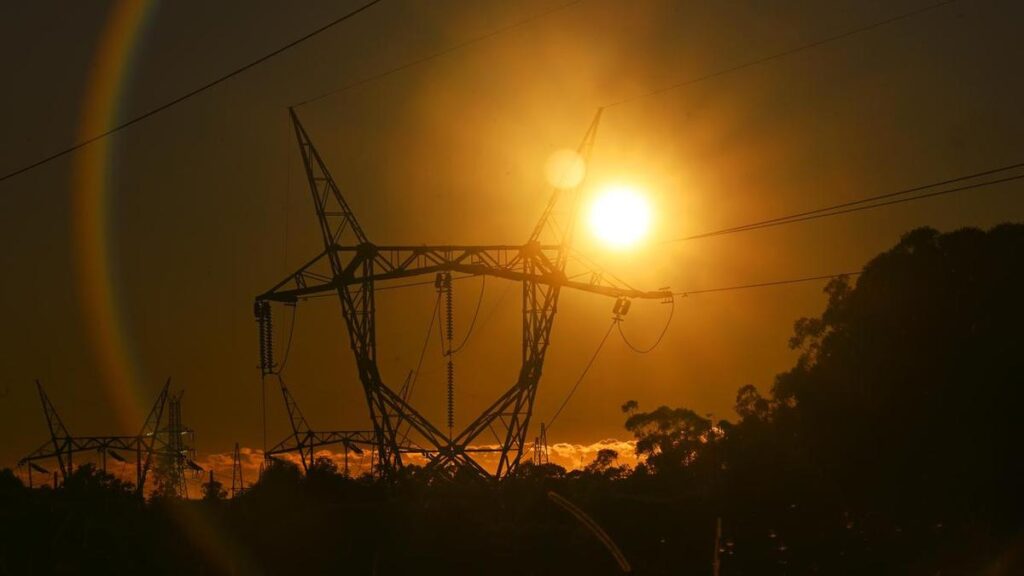
A potential split between the Liberal and National parties may be necessary to address ongoing conflicts over climate policy, according to political analysts. The National Party recently voted to abandon its commitment to achieve net-zero emissions by 2050 during a meeting held on March 12, 2023. This decision has intensified pressure on Sussan Ley, the leader of the opposition, as her inner circle contemplates the future of climate targets within the coalition.
Ley acknowledged the National Party’s right to establish its own stance on net-zero emissions. Nevertheless, some members of the Liberal Party believe that a separation could complicate future reunification efforts, risking even greater divergence in other policy areas. The political climate remains fraught as both parties grapple with the implications of their environmental commitments.
Impact of Climate Policy on Coalition Dynamics
Zareh Ghazarian, head of politics at Monash University, suggested that a split might provide both parties with valuable time to reassess their positions. “They would be able to get their houses in order and they’d be able to consider whether they wanted to come back as a coalition before the next election,” Ghazarian stated in an interview. He emphasized that continuous conflict over climate policy could prove detrimental for the coalition.
The issue of climate change has historically posed challenges for leaders, including Malcolm Turnbull, who faced significant backlash over climate initiatives. The ongoing debate reflects deeper ideological divides within the coalition, as members weigh the political consequences of their decisions.
Opposition energy spokesman Dan Tehan indicated that the party expects to finalize its position on climate policy by the end of 2025. Meanwhile, Liberal frontbencher Andrew Bragg has advocated for the retention of some form of climate target, stressing that Australia must uphold its international obligations under the Paris Accord. “The Paris Accord requires you to get to net zero in the second half of this century,” Bragg told Sky News, emphasizing the feasibility of meeting these requirements.
As the May election approaches, the internal dynamics of the coalition will be closely monitored. The outcome of the National Party’s recent decision may significantly influence the political landscape and the future of environmental policy in Australia.
Resolving the question of climate change is increasingly viewed as an unavoidable challenge for both parties. The ongoing discussions and potential for separation may ultimately shape the coalition’s strategy in the lead-up to the next election, as they seek to balance individual party interests with the demands of their constituents.






